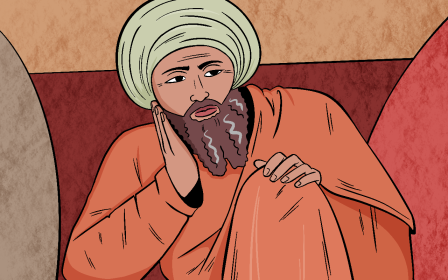Quiz: Test your knowledge of the Crusades

The Crusades were a series of religious wars involving Christian armies during the Middle Ages that lasted for centuries and took place in many regions across Europe and the Middle East.
Officially, they referred to any conflict formally supported by the Roman Catholic Church and there are examples of Crusades between Christian armies and many different enemies, including European pagans and those deemed heretics.
However, by far the most common use of the term "Crusades" is to describe the series of wars between Christian and Muslim armies in the "Holy Land", roughly corresponding to Palestine, Israel, and the wider Levant region.
These conflicts lasted between 1095 and 1291. Initially, Christian armies conquered Jerusalem, but they were later expelled by various Muslim armies, made up primarily of Arabs, Kurds, Turks, and others.
While the Crusades gave rise to some of history's most legendary figures, such as the Islamic warrior Saladin, the English King Richard I, and the Holy Roman Emperor Frederick II, these religious wars were also known for instances of remarkable brutality.
New MEE newsletter: Jerusalem Dispatch
Sign up to get the latest insights and analysis on Israel-Palestine, alongside Turkey Unpacked and other MEE newsletters
For example, the infamous Siege of Jerusalem in 1099 culminated in the massacre of the city's Muslim and Jewish population by the Crusaders.
Here Middle East Eye tests your knowledge of one of the most dramatic episodes in medieval history:
Middle East Eye delivers independent and unrivalled coverage and analysis of the Middle East, North Africa and beyond. To learn more about republishing this content and the associated fees, please fill out this form. More about MEE can be found here.




